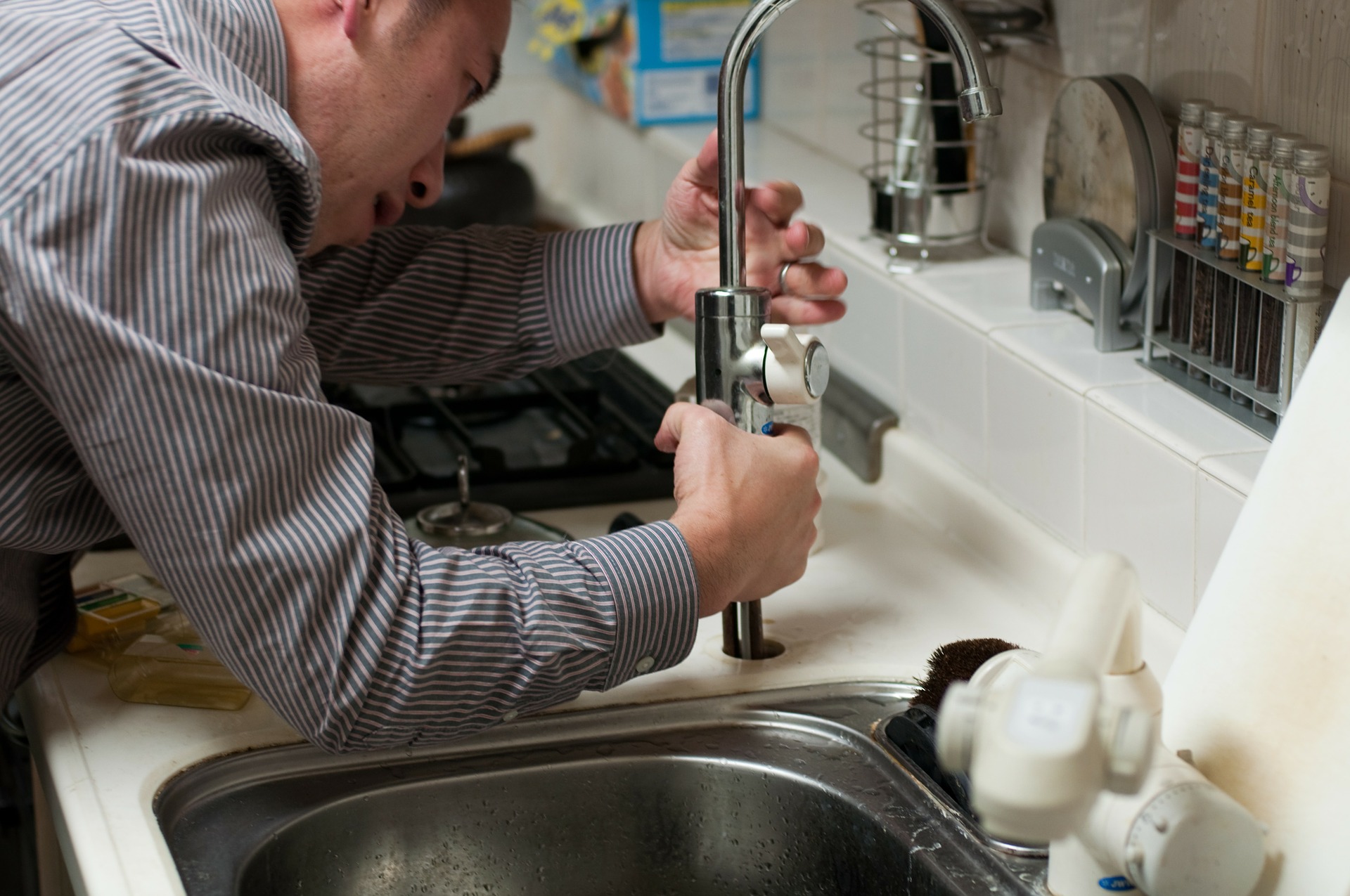Landlord Blog
Education and news for smart DIY landlords!
Sellers, Here Are Tips To Help You Prepare For A Home Inspection

Getting your home inspected before putting it on a list is a home selling process you should not skip. A properly inspected home attracts many potential buyers because they are confident that a transaction with you will go smoothly.
But before you call an inspector to check your house, there are preparations to make such as repairs, cleaning, and decluttering. Read on to know the specifics of these preparations.
1. Clean and declutter spaces where inspectors usually check
As much as possible, empty your attic so the inspector can check your ceilings and roof properly. Tidy up crawl spaces, under sinks, and closets. Clean HVAC system filters. Scrub molds or any slippery matter off the tiles of bathrooms, sink tops, and comfort rooms.
Don’t forget to tidy up the basement and make sure that the inspector sees every nook and cranny of your home. Seasoned home sellers move their possessions away from the walls to expose well-maintained wall corners, moldings, and undamaged wall foundations.
2. Never deny an inspector access to any part of your home

Don’t ever lock any part of your home to keep an inspector from entering it. That will cause your inspection score to be rated poorly. When it does, the score will discourage interested owners from inquiring about your property and sending an offer.
If you’re trying to keep some valuables safe, store them somewhere else. You should also clear up pathways. One way to do that is either to vacate your home of all furniture or transfer some into a storage space.
Showing an inspector you have something to hide about the property automatically means minus points.
3. Make sure all lighting and electricity pathways are working properly
Before inviting an inspector, check all of your home’s outlets and sockets first if all are in working condition. Some of them may have ants or other critters inside that would cause bulbs to flicker when turned on.
If you find any electrical problems, hire an electrician to repair all of your circuits and outlets. Replace all busted lighting as well. Homebuyers aren’t willing to pay for a home that would reduce their monthly budget due to electrical repairs.
4. Prevent leaking liquids

After fixing your home’s electrical system, start working on repairing the plumbing. Check all water pipes and faucets for any leaks and quickly replace busted plumbing. The pipes of bathtubs, toilets, and bathroom sinks may have incurred some wear and tear and could be leaking unnoticed as well.
To know where leaking pipes are, look for wet patches of soil on your home’s exterior. For the interior, follow the scent and appearance of molds and moss on walls. They mostly are present in dark areas such as crawl spaces, basements, and wall insulations.
5. Give the inspector a sketch of where your home’s septic tank or well is located
The septic tank is one of the most important things inspectors check. It’s to prevent the next owner of your house from experiencing a toilet backfiring excrement as they relieve themselves. Give a copy of the floor plan for your entire property to the inspector. They’ll know what to do thereon.
6. Present your home’s exterior as if it was newly built

Repaint your exterior and roofing if they show signs of being weathered. Replace missing roof tiles. Clear out the leaves from gutters and repair any leak you can find. Replace torn caulking from windows. Beautify the front lawn and backyard with beautiful landscapes and plants.
If you’re new to selling a house, you can hire a home inspector before listing your property up for sale. This strategy will help you get familiar with the house aspects inspectors check for.
When you sell your next property, you already have an idea of which areas you should repair in advance and may not need to pay for an inspection. Instead, interested buyers will pay for the inspection which would increase your selling profits.
More real estate topics here waiting for you to be read!
